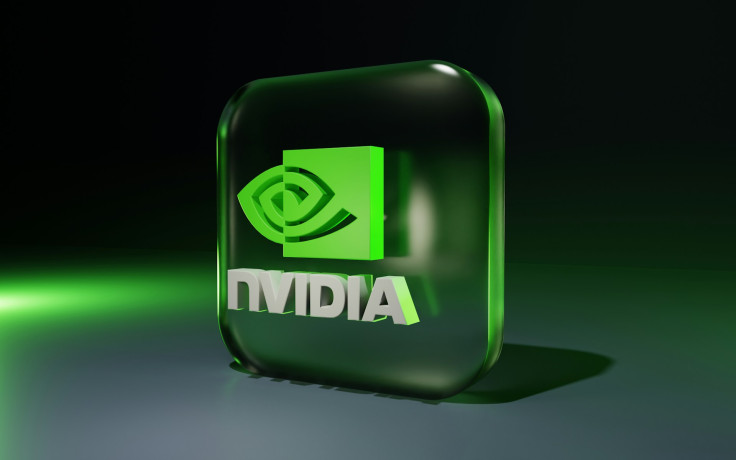Battle for AI Supremacy: AMD and Qualcomm Challenge NVIDIA's Reign After Record-Breaking Gains
Rivals AMD and Qualcomm ramp up efforts to challenge NVIDIA's AI crown

The race for artificial intelligence (AI) chip dominance is intensifying, with two major rivals, Advanced Micro Devices (AMD) and Qualcomm Incorporated, positioning themselves to challenge NVIDIA's longstanding leadership. As of 27 October 2025, AMD's shares hit a record high, and Qualcomm announced a significant rise following the launch of new AI chips for data centres, signalling a shift in industry dynamics.
Established Dominance Under Threat
NVIDIA has been the undisputed leader in AI hardware for the past three years, delivering an extraordinary 1,386.66% return to shareholders over that period. However, this year has seen increased competition as rivals introduce more advanced products to meet growing AI demand.
As of 2 October 2025, NVIDIA remains the world's most valuable company, with a market capitalisation of approximately $4.6 trillion. Its closest peers, Microsoft and Apple, are also in the trillion-dollar club but have yet to reach the $4 trillion mark.
Strategic Partnerships Fuel Growth
A key driver of NVIDIA's recent growth is its strategic partnership with OpenAI, highlighted by a hefty $100 billion investment into ChatGPT. Jensen Huang, Nvidia's founder and CEO, stated in September, 'This investment and infrastructure partnership mark the next leap forward — deploying 10 gigawatts to power the next era of intelligence.'
OpenAI selected NVIDIA as its preferred partner for compute and networking, aiming to expand its AI infrastructure. The collaboration involves co-optimising hardware and software roadmaps, with a focus on scaling OpenAI's model development.
AMD: A Rising Contender with Long-term Prospects
While smaller than NVIDIA—with a market value of about $275.5 billion—AMD's growth story is compelling. The company boasts two strategic partnerships, including a multi-year supply agreement with OpenAI. AMD expects to generate tens of billions of dollars from powering OpenAI's next-generation AI infrastructure, using up to 6 gigawatts of its Instinct GPUs.
This partnership not only provides immediate revenue but also cements AMD's position within the global AI ecosystem. Such long-term visibility is likely to attract further investor interest.
In addition, IBM announced plans to launch a fault-tolerant quantum computer by 2029, leveraging AMD chips for error correction algorithms. This move signals AMD's expanding influence in cutting-edge computing technologies.
Qualcomm's Aggressive Expansion
Qualcomm, traditionally known for mobile chips, has moved into the data centre market in a bid to compete directly with NVIDIA and AMD. The company unveiled its AI200 and AI250 chips, embedded with confidential computing features, with launch dates set for 2026 and 2027.
Durga Malladi, Qualcomm's general manager for data centre and edge computing, described the expansion as a scale-up. 'We first wanted to prove ourselves in other domains, and once we built our strength, it was pretty easy to move into the data centre space,' he said.
Qualcomm has already signed its first client, Saudi-based HUMAIN, which will deploy advanced AI infrastructure starting in 2026. This collaboration aims to position Saudi Arabia as a global hub for artificial intelligence.
Cristiano Amon, Qualcomm's President and CEO, said, 'Together with HUMAIN, we are laying the groundwork for transformative AI-driven innovation that will empower enterprises, governments, and communities regionally and globally.'
A New Era of Growth Investing
NVIDIA's dominance remains formidable, but some growth investors are increasingly looking towards AMD and Qualcomm for future multi-bagger opportunities. AMD's stock has already gained 115% year-to-date, outperforming both NVIDIA and Qualcomm.
However, the contest for AI supremacy is only just beginning. While AMD and Qualcomm are making significant strides, it remains uncertain whether they can unseat the reigning champion, NVIDIA, in the fiercely competitive AI hardware landscape.
© Copyright IBTimes 2025. All rights reserved.





















